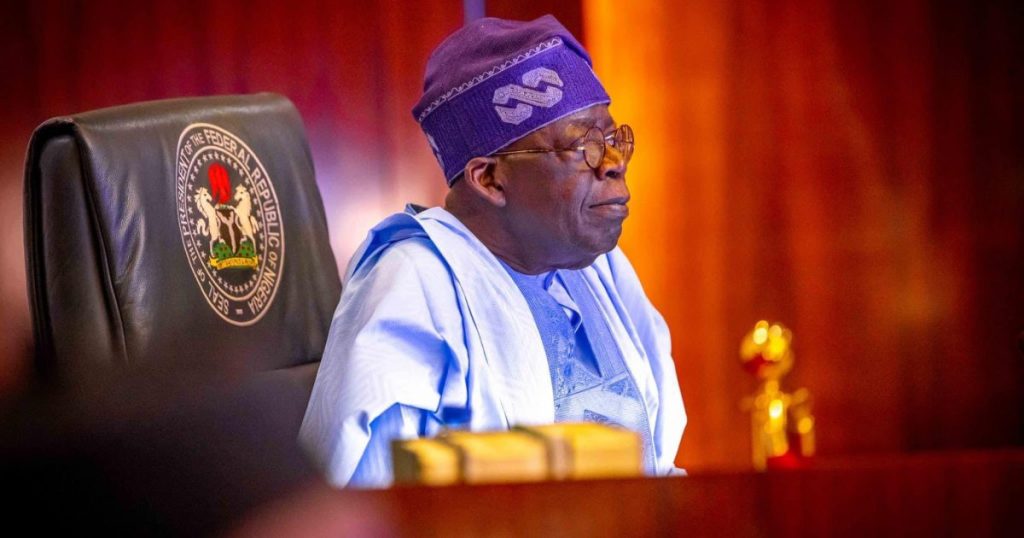Paragraph 1: A New Era for Nigerian Policing
President Bola Tinubu’s administration has embarked on a transformative journey to reshape the Nigerian Police Force. Recognizing the critical link between security and national prosperity, President Tinubu has prioritized the modernization and professionalization of the police force. His vision is to equip officers with the tools, training, and motivation necessary to effectively combat crime and stay ahead of evolving security threats. This commitment underscores the administration’s belief that a well-equipped, well-trained, and well-motivated police force is the cornerstone of a secure and prosperous Nigeria.
Paragraph 2: Institutionalizing Recognition and Remembrance
To solidify this commitment and honor the sacrifices made by police officers, President Tinubu has formally declared April 7th as National Police Day. This annual observance serves as a poignant reminder of the dedication and bravery of fallen officers while also acknowledging the ongoing contributions of those currently serving. The institutionalization of this day demonstrates the government’s enduring appreciation for the police force and its crucial role in safeguarding the nation. This act further symbolizes the administration’s intent to prioritize the welfare and empowerment of the police force, ensuring that their service is recognized and valued.
Paragraph 3: Tangible Improvements for Police Welfare
Beyond symbolic gestures, President Tinubu’s administration is focused on tangible improvements to the welfare of police officers. Recognizing that effective policing requires a supportive environment, the government is prioritizing initiatives to improve the living and working conditions of officers. These include providing adequate housing, accessible healthcare, and quality education for the families of police personnel. These immediate improvements are designed to address fundamental needs and demonstrate a commitment to the overall well-being of those who serve on the front lines of national security.
Paragraph 4: Equipping for Modern Challenges
Central to the modernization of the police force is the provision of modern tools and technology. President Tinubu recognizes that combating contemporary security threats requires equipping officers with the latest resources. This includes investments in equipment, training, and technological advancements that will enhance the force’s operational effectiveness. The administration is determined to provide the police with the resources necessary to address the complex and evolving nature of crime in the 21st century.
Paragraph 5: Fair Compensation and Enhanced Security
Acknowledging the inherent risks and responsibilities associated with policing, President Tinubu is committed to ensuring that officers receive fair and competitive compensation. The government is committed to reviewing salaries and benefits to ensure they reflect the gravity of the duties performed by police officers. This commitment underscores the belief that adequate compensation is essential for attracting and retaining qualified personnel. Simultaneously, the administration is bolstering efforts to address internal security challenges such as banditry, insurgency, and kidnapping, demonstrating a resolve to restore peace and security across all regions of the country.
Paragraph 6: A Collaborative Approach to Reform
President Tinubu’s vision for a modernized and effective police force is rooted in collaboration and partnership. He commended the Inspector-General of Police, Kayode Egbetokun, and his team for their commitment to reforms aligned with the administration’s goals. The inaugural National Police Day celebration itself served as a testament to this collaborative spirit, bringing together government officials, security agencies, and community representatives to acknowledge the importance of policing in maintaining national security and promoting a peaceful and prosperous Nigeria. This collective effort underscores the recognition that effective policing requires the support and engagement of all stakeholders.














